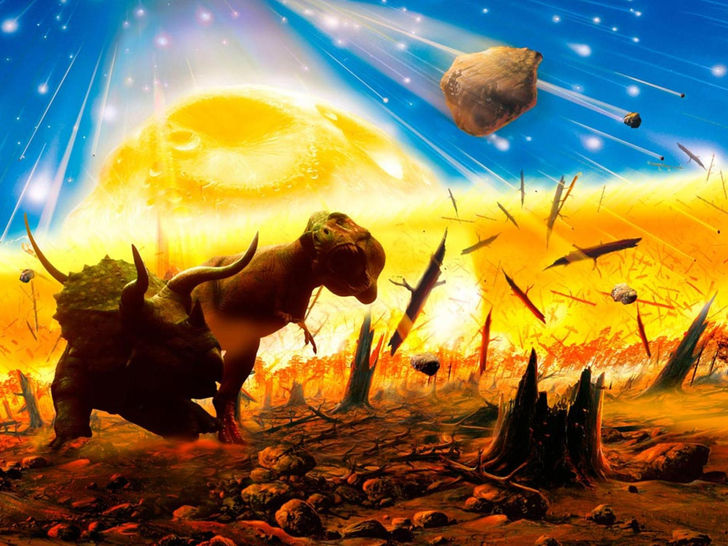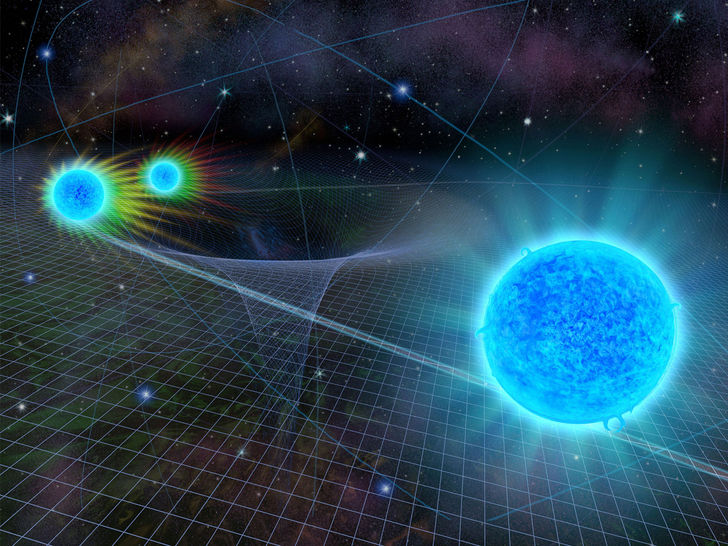6 Scientific Discoveries That Changed The World

Every year, millions of new scientific research papers are published, shedding light on everything from star evolution to the ongoing effects of climate change to coffee's health benefits. It can be hard to know what is important, what is interesting but largely insignificant, and what is just plain bad science, with so much research coming out each year. But we can look back on some of the most important and awe-inspiring fields of research over the course of a decade, often expressed in various findings and research papers that lead to a real proliferation of knowledge.
Posted On February 3rd, 2021

The Earth Is Round
In reality, the Earth has been considered to be circular since the time of the ancient Greeks. It is assumed that it was Pythagoras who first indicated around 500 B.C that the World was spherical. Perhaps he centred his concept on the belief that by studying the outline of the terminator (the line between the part of the Moon in light and the part of the Moon in darkness) as it went along its orbital period, he proved that the Moon would've been circular. If the Moon was round, so the Earth should also be round, Pythagoras concluded.

The Earth Is Not The Center of The Universe
If our earth would have been the centre of the universe there would have been a number of complications sticking along with it. The first and foremost would be the formation of the earth would have been the earliest and the temperature of the earth would have been way hotter since the sun would have been orbiting it and not the other way round. Just imagine a world without a moon and the days becoming irritatingly uneven.

Mass Extinctions of The Past
A recent hypothesis on exactly what causes the greatest mass extinctions on Earth can help to overcome the matter's endless theoretical dust-up. Perhaps no explanation has ever convinced all scientists of all the time for any extinction event, whether you prefer asteroid collisions, volcanic eruptions, gamma rays, epidemics or any other cause for the worst mass extinction events in Earth's history. That may be because great extinctions are not easy occurrences.

Relativity
General relativity is a gravitation theory developed in the years 1907–1915 by Einstein. The development of general relativity began with the concept of equivalence, in which physically equivalent are the states of accelerated motion and being at rest in a gravitational field (for example, while standing on the surface of the Earth). The consequence is that free fall is inertial motion: an object moves in free fall because that's how objects travel when no force is exerted on them, rather than because of the force of gravity, which is the case in classical mechanics. This is incompatible with classical mechanics and special relativity, since inertially travelling objects do not accelerate with respect to each other in those theories, but objects do so in free fall. To answer this problem, Einstein first suggested that spacetime is curved. In 1915, he designed the field equations of Einstein that link the curvature of spacetime to mass, energy, and any momentum within it.

Humans Are Apes
The result of evolution cycles that go back more than 3.5 billion years, to the origins of life on Earth, is modern humans. In addition to those inherited by early monkeys, mammals, vertebrates, and the very earliest living species, we have increasingly been human, developing new physical characteristics and habits. Both humans and apes are primates. Yet humans are not descended from today's live monkeys or apes. We do share with the apes our ancestors who lived 8 and 6 million years ago. Yet humans and apes evolved from the same ancestors but differently. A more distant ancestor, who lived some 25 million years ago, shares both apes and monkeys.

Dark Energy
Dark Energy is a fictional source of energy that behaves as the opposite of gravity, exerting a negative, repulsive pressure. The observational properties of distant type Ia supernovae, which show the universe going through an accelerated expansion period, have been speculated to be taken into account. Dark Energy, like Dark Matter, is not directly observed, but rather inferred from gravitational impact measurements between celestial objects. Dark energy makes up 72 per cent of the universe's overall mass-energy abundance. Black Matter is the other main contributor, and a slight proportion is attributed to atoms or baryonic matter.

